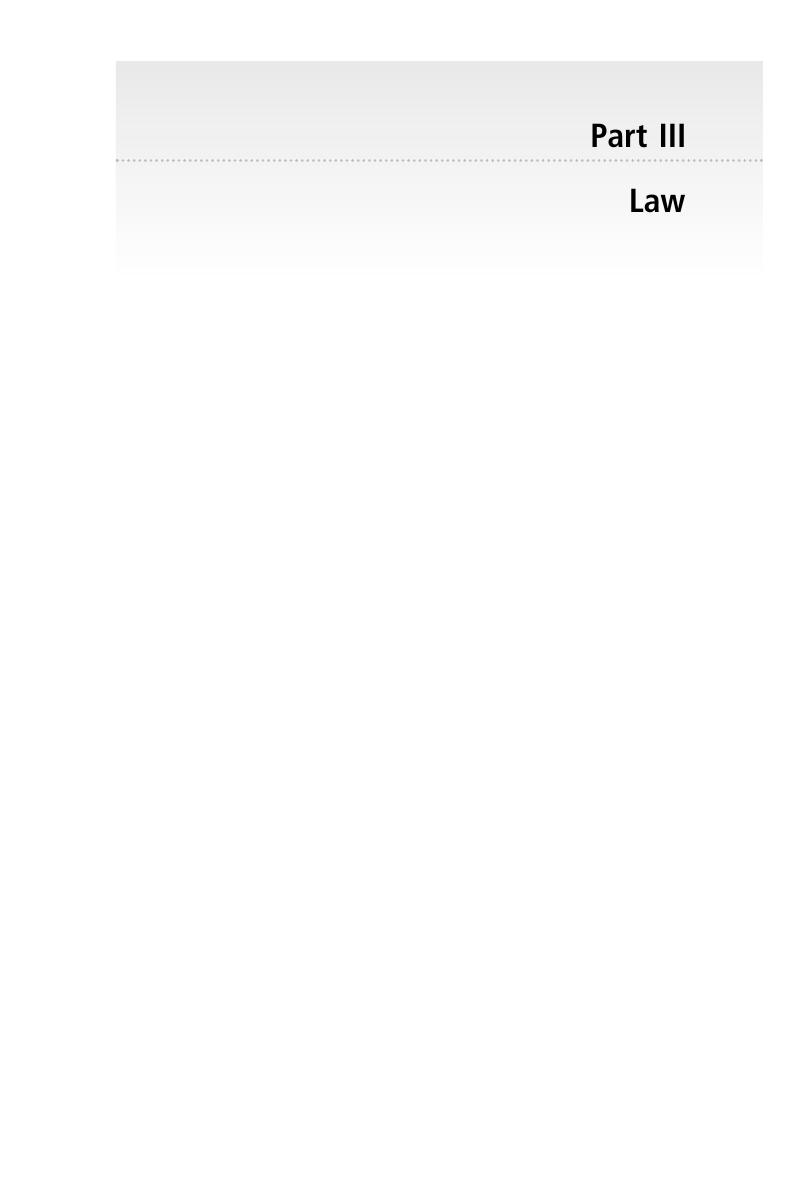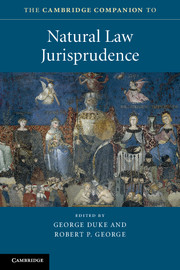Book contents
Part III - Law
Published online by Cambridge University Press: 04 July 2017
Summary

- Type
- Chapter
- Information
- The Cambridge Companion to Natural Law Jurisprudence , pp. 243 - 456Publisher: Cambridge University PressPrint publication year: 2017



